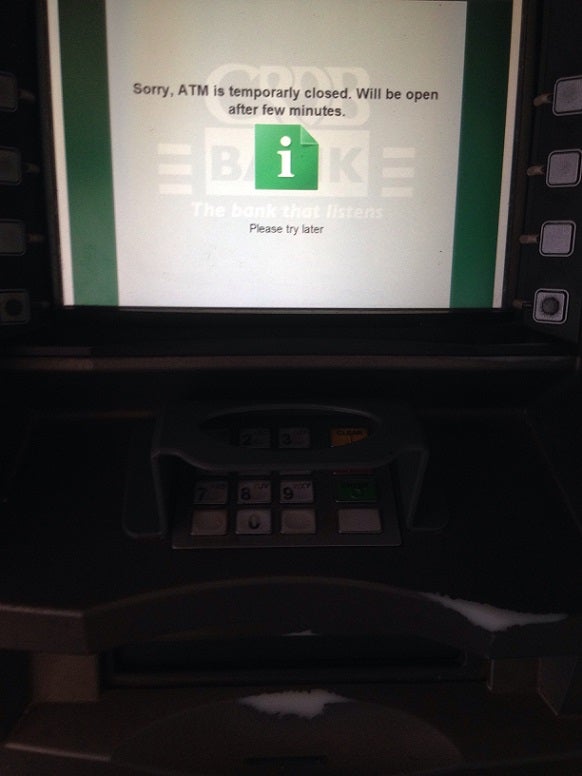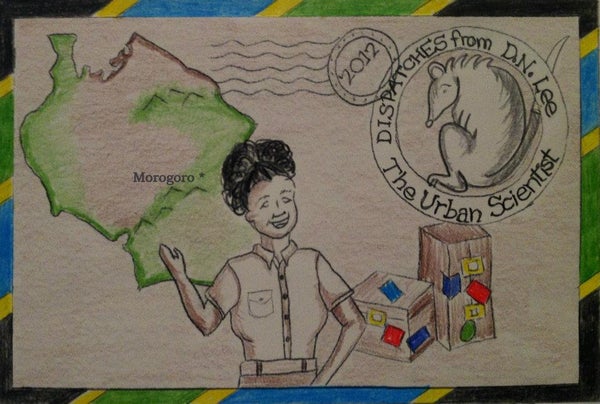This article was published in Scientific American’s former blog network and reflects the views of the author, not necessarily those of Scientific American
Four weeks in and what is the thing that really impacts me? POWER, or lack there of. Access to reliable stable electricity is important and we take it for granted in the west. (I've lost count how many times I've been shocked when un/plugging any device. Things aren't grounded here!).
As a result, it makes doing science hard. No video recording (or at least until your batteries expire). No cell phone. No iPad - both of the which I use for GPS recordings, audio/video back up recording of observations, and other experimental metrics. No freezer/refrigeration - at least not reliably so I don't work with sensitive biological samples and no access to money. Tanzania is a cash economy. No cash means I can't buy supplies, fuel, bait, or pay my team.
On supporting science journalism
If you're enjoying this article, consider supporting our award-winning journalism by subscribing. By purchasing a subscription you are helping to ensure the future of impactful stories about the discoveries and ideas shaping our world today.

Even when the electricity (LUKU in Ki-Swahili) is on, it is still hard to access cash. I swear, I see this notice on the ATM screen at least once a week!
Here's how the rest of my 4th week in Morogoro, Tanzania went. (And be sure to follow me on audioboom: DNLee5, and get ALL of my podcasts as I share them!
